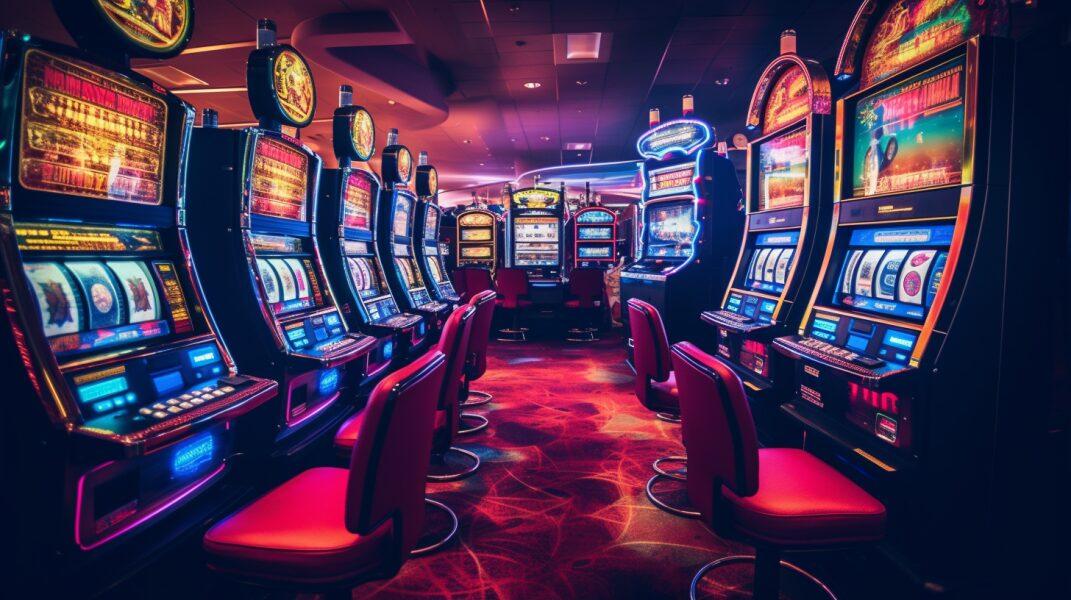Archeological findings reveal that dice-like objects made from bones, stones, or shells were used as early as 3000 BCE in Mesopotamia and ancient China. These early games of chance were not merely for entertainment; they played crucial roles in religious rituals and were believed to connect players with divine powers or predict future events.
In ancient Egypt and Greece, gambling took on more structured forms. The Greeks, known for their love of competition and games, often used dice in their gambling pursuits. Similarly, Romans embraced gambling, incorporating it into their social and political activities. Gladiatorial games often had bets placed on the outcomes, highlighting the intrinsic human fascination with uncertainty and risk.
The Medieval Era: Gambling and Morality
As gambling spread across the world, its relationship with society became more complex. During the medieval period, gambling was both a source of entertainment and a target of moral scrutiny. The Church often condemned gambling as sinful, associating it with greed and vice. Despite these moral concerns, gambling persisted, especially in the form of card games and lotteries.
Lotteries gained popularity in Europe during the Renaissance, often organized by governments to raise funds for public projects. By the 15th century, playing cards, which had been introduced from the East, became widespread across Europe. Different regions developed their unique card games, blending local traditions with the universal appeal of gambling.
Gambling in the New World
The age of exploration saw gambling travel across the Atlantic to the New World. European settlers brought their games with them, introducing various forms of gambling to the Americas. Native American tribes also had their traditional games of chance, which often held cultural and spiritual significance.
As cities grew and industrialization took hold, gambling became institutionalized. The 19th century saw the rise of casinos and betting houses, particularly in the United States. Gambling centers like New Orleans and later Las Vegas emerged as hubs of entertainment and economic activity. The legal and moral debates surrounding gambling continued, with some states banning it outright, while others embraced it as a source of revenue.
Gaming Your Way to Cultural Knowledge
In contemporary times, gambling has become a multifaceted industry encompassing sports betting, casino games, online gambling, and more. It is not merely a pastime but a window into cultural and societal values. The phrase gaming your way to cultural knowledge aptly describes how gambling reflects and shapes cultural identities and practices.
For instance, the rise of online gambling platforms has democratized access to games, allowing people from diverse backgrounds to engage in gambling activities. These http://thesportingbase.com/how-online-games-help-you-learn-about-world-cultures-before-real-travel platforms also foster a global gambling culture, blending traditions from various regions into a unified digital experience. Additionally, the influence of gambling on pop culture, media, and even politics underscores its pervasive impact.
The Modern Era: Regulation and Globalization
Today, gambling is a highly regulated industry. Governments around the world recognize its economic potential and have implemented laws to control its operation. In many countries, state-run lotteries and regulated casinos generate significant revenue, funding public services such as education and healthcare.
The globalization of gambling has also led to the rise of mega-casinos in places like Macau and Las Vegas, attracting millions of tourists each year. These gambling destinations are not only centers of economic activity but also cultural landmarks that symbolize the fusion of tradition and modernity.
Online gambling has further transformed the industry, making it accessible to anyone with an internet connection. This shift has raised new challenges in terms of regulation, addiction, and ethical concerns. However, it has also opened up opportunities for innovation and the creation of new gambling experiences.
The history of gambling is a testament to humanity's enduring fascination with chance, risk, and reward. From ancient rituals to modern online platforms, gambling has evolved in countless ways, reflecting the cultural, social, and technological changes of each era. As we continue to navigate the complexities of this age-old practice, it remains a powerful lens through which we can explore our collective human experience.

